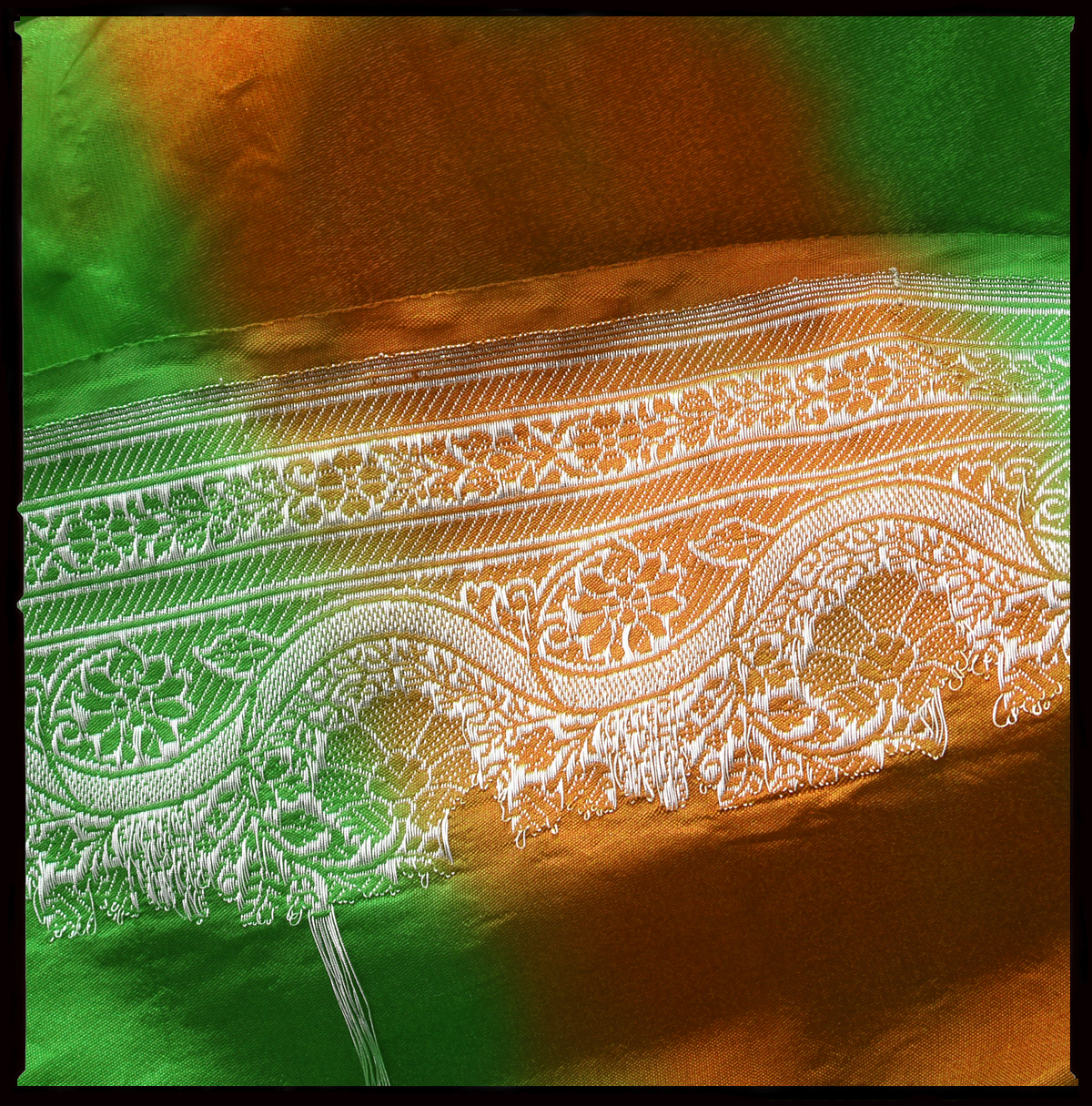A Child of Ganga Jamni Tehzeeb

It was a night to remember. But let me begin at the beginning.
I always think of myself as a child of India's Ganga Jamni Tehzeeb. When I was growing up I saw it everywhere; in my own house, in other houses where I was taken, in my personal friends' homes. For example, my earliest recollection of Mushaira was the famous Shankar o Shad Mushaira held in the front lawn of Lala Shri Ram's house on Curzon Road. The best poets from India and Pakistan were invited and they all came. For my family, the date was sacrosanct; no one missed it. As a child I watched poets like Josh Malihabadi, Faiz Ahmed Faiz, Ali Sardar Jafri, Pandit Anand Narain Mulla, Gulzar Dehlavi, Jagan Nath Azad and a young Zehra Nigah. A friend recalls the first Mushaira in early 50's held at Malerkotla which was compered by the DC of Sangrur, none other than the renowned Urdu poet Kunwar Mohinder Singh Bedi Sahr. That tradition started by Lala Shri Ram is still alive. It was held last week at Shankarlal Hall in Modern School. It's moving spirit today is a great grandson, Madhav Shriram. One misses the old masters at these gatherings, regardless there are sparkling moments here too.
In the last few months we have all watched the relentless efforts of hard liners to redefine and redraw the lines between our two 'Ganga-Jamni' communities. This has taken grotesque forms such as communal clashes at Tirlokpuri, Muzaffarnagar, Shamli and again in Kokrajhar. Many towns have fallen prey to their carefully laid down hate-mines. Love Jehad, Ghar Wapsi, Church desecration, forced conversions; these physical and emotional assaults are reported everyday. There are numerous polarizing stratagems produced and propagated. The daily bashings are reported in all media with which I and many others begin our day. They make us feel alien on our own soil.
It is these thoughts that I have begun to haul along with me wherever I go. I carried them with me to an evening of music a few weeks ago. As it turned out, however, it made me re examine my growing self consciousness about my identity. It was an evening which elevated my spirit. This is the elevating moment I want to share with my readers today.
It was an elegant home in the heart of the city where the music mehfil was held.
First, as is the practice, the host, a successful doctor, who has just begun writing Urdu poetry, recited his poem. 'Ai zindagi ahista guzar..(Move slow, O life!) Instead of taking a small folded paper from his pocket as per Mushaira etiquette, he drew out his phone and read in Urdu from the screen.
Then the music started. The Ustad was Ghulam Husain from the Rampur Sehswan Gharana who began with Raag Mishra Khamaj. 'Torey bin mohe chain nahin, Braj ke Nandlaal' The man who sang in praise of Lord Krishna bore the name Ghulam and Husain, two of the most respected names derived from the Quran. The melody flowed and when he sang the line, Gokul mein Janam liyo jag mein ujiyiara, the audience became ecstatic. A Muslamaan offering his bandagi to Lord Krishna! After the Bhajan, he moved to the plaintive thumri, Maan jaao saiyan paroon mein torey paiyyan. By now the spell was solid. It was pure melody, all differences were dissolving.
Another voice picked up the same raag, with the classic song made famous in the film Rajneeti, 'Morey saiyyaan mo se boley na/ mein lakh jatan kar haar gayi'. The young man, is the child of a Hindu Muslim marriage which was the happiest and lasted 50 years ending with the death of the man. He beautifully bridged both cultures and religions; all that mattered to him and to us in the audience was his music
A ghazal of Makhdoom Mohiuddin, Hyderabad's Poet laureate, was rendered by a Sikh girl as beautiful herself as was her voice. Aapki Yaad aati rahi raat bhar. A young intensely romantic Makhdoom came alive. Then she stole the mehfil with the lines: Ek khushboo badalti rahi pairahan
Ek tasveer gaati rahi raat bhar.
(One fragrance kept changing its garments
One painting sang all night)
The youngest singer, a teenage girl, hesitant and shy, began very softly. She was learning to read and write Urdu, she had never been exposed to any language other thanEnglish. In perfect cadence she sang the kalaam made famous by Kailash Kher 'Tere naam se jee loon mein / Tere naam se mar jaaoon, Khwaja ki Deewani. Devotion to the Sufi saints, teachers and poets.
Two young disciples of the Ustad, Anas Ahmed and Wasim Ahmed sang more Khamaj. Aaoge tum jab saajna angna phool khileinge.
That evening it occurred to me that if common ordinary people like us were to aggregate our experiences, give in to our natural aesthetics, the evil genius working overtime to trample over our Ganga Jamni and throw everything into a common cauldron will fail. Each person in that room, from all religions, classes, ages groups knew this fact; they had only one thing in common. Their love for music. Muslims sang bhajans, Hindus and Sikhs sang Na'ats and ghazals. The distinctions became blurred. In the privacy of a home all the demons of hatred were exorcised.
It can happen; we need to understand that the antidote to their manufactured hate is not an external potion, it lies in me and in you.



